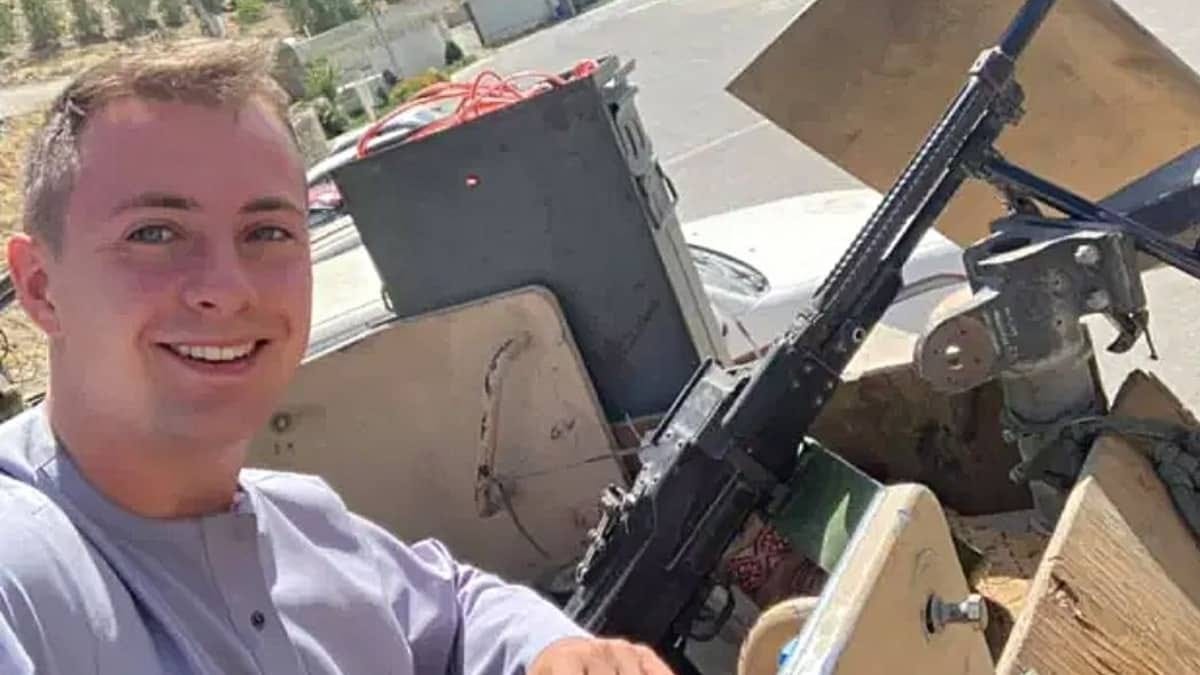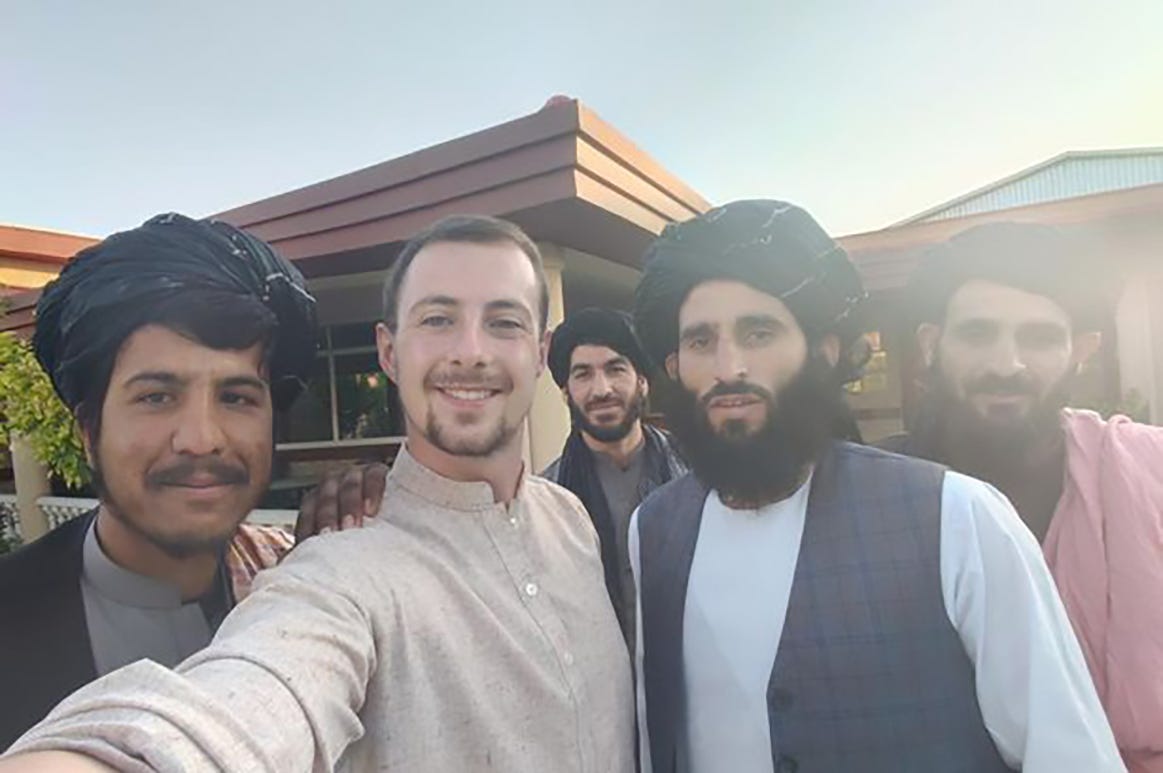The author poses for a selfie with some new acquaintances.
It was late at night, I was at one of the Taliban’s numerous military compounds in Afghanistan, and they had me surrounded. They were serving me chai tea alongside freshly made bread, while watching cricket on TV. Each soldier smiled in turn while extending out his phone to take a selfie with me. It was a good time to reflect upon the experiences over the last year that had brought me here.
I was accidentally present at the Taliban takeover of Kabul, in August 2021, as the last ever tourist to visit Afghanistan under the previous regime. I wrote about the experience online under the moniker “Lord Miles” and received great interest from readers all over the world. I’ve visited the country four times since. It’s a passion of mine to visit the most dangerous warzones in the world, but this nation is another beast entirely.
Keep reading with a 7-day free trial
Subscribe to Mars Review of Books to keep reading this post and get 7 days of free access to the full post archives.



